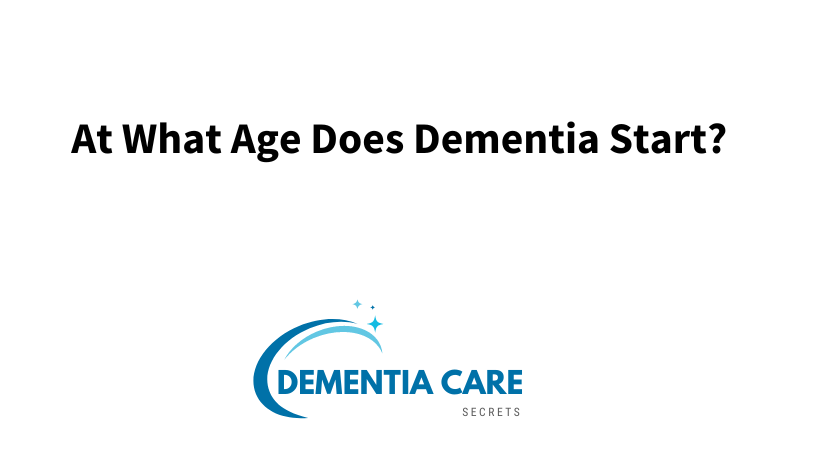At What Age Does Dementia Start?

In recent news, several celebrities have come forward with their experiences of different types of dementia. Chris Hemsworth, known for his role as Thor, discovered through genetic testing that he has a significantly increased risk of developing Alzheimer's disease. He carries two copies of the APOE4 gene, putting him among the 2-3% of people who have a higher chance of developing Alzheimer's. This has prompted Hemsworth to take a break from acting and explore dementia prevention programs.
Bruce Willis, famous for action films like Die Hard, has been diagnosed with frontotemporal dementia, a rare form of dementia that affects language and speech. This type of dementia is one of the leading causes of early-onset cases, even among younger individuals. Meanwhile, Michael J. Fox, who has Parkinson's disease, is experiencing new symptoms, including memory loss, which makes memorizing acting lines challenging. Parkinson's not only affects movement but also memory and thinking.
Athletes, particularly football players, are increasingly being diagnosed with chronic traumatic encephalopathy (CTE). Research shows that 99% of deceased NFL players' brains tested positive for CTE, highlighting the long-term impact of repeated head injuries. However, it's important to consider that these findings may be influenced by selection bias, as those with suspected symptoms were more likely to contribute their brains for study.
Dementia is not limited to old age, as younger individuals can also be affected. Young-onset dementia, including early-onset Alzheimer's disease, poses unique challenges for caregivers. Early diagnosis is crucial but can be challenging due to misdiagnoses and the complexity of the condition. Recognizing warning signs like difficulty understanding sarcasm, falls and clumsiness, socially inappropriate behaviors, and struggles with daily tasks can help identify dementia in its early stages.
Overall, understanding different types of dementia, their symptoms, and the importance of accurate diagnosis is vital for providing support and developing effective treatments. Research studies play a crucial role in advancing our understanding of dementia and developing new interventions. Timely diagnosis allows for better planning, support from employers, and access to necessary resources and benefits. By recognizing the early signs and taking appropriate steps, individuals and their families can navigate the challenges of young-onset dementia and maintain control over their lives.




